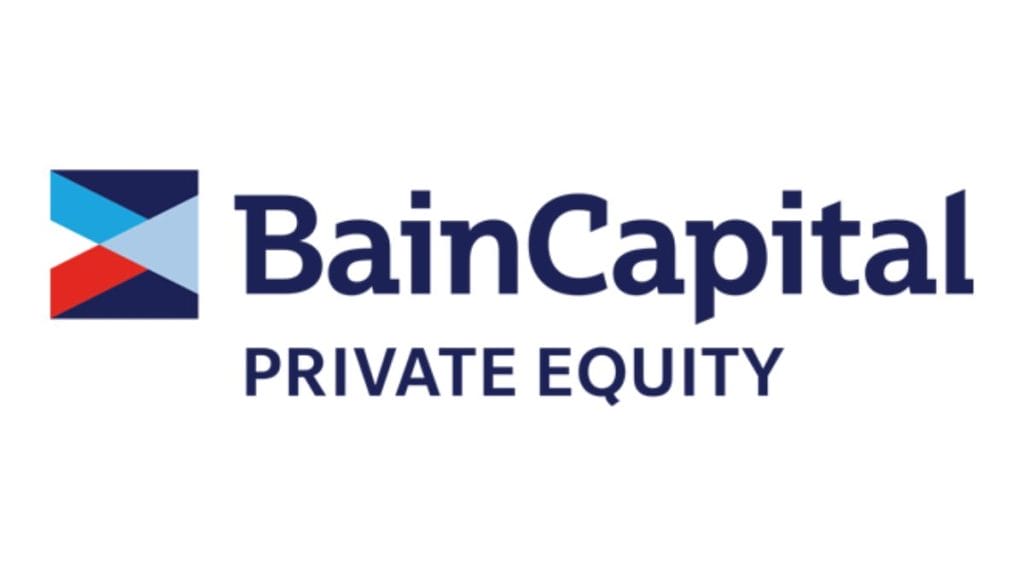New Delhi: Bain Capital, a US-based private equity firm, is on the brink of completing the fundraising for its fifth and largest Asia-focused fund after receiving commitments of about $6 billion from global investors. This exceeded the company’s initial target of $5 billion. Bain Capital began fundraising in H2 2022 and is set to complete the exercise in the coming weeks, according to three sources familiar with the matter who declined to be named. The company declined to comment on the matter.
The fundraising comes at a time when geopolitical uncertainties, volatile markets, macroeconomic headwinds, and a higher interest rate environment have made investors globally wary. In Asia, investors have been cautious about deploying capital in China due to regulatory crackdown, an economic slowdown, and Sino-US tensions, which have had a knock-on effect on Asia-focused funds with a higher allocation to the country. According to Preqin data, Asia-focused funds raised $131.6 billion in total last year, half of the $251.2 billion raised in 2021. Fundraising this year has been modest, at $15.5 billion.
However, Bain Capital’s new Asia fund is likely to focus heavily on Japan, where it has landed significant deals such as the $18 billion buyout of Toshiba’s memory chip business, said two of the three sources. The company invests across multiple asset classes, including public equity, credit, real estate and venture capital, managing approximately $160 billion in total assets globally. The new Asia fund will be it’s fifth and largest for the region.
Bain Capital recently collaborated with Singapore’s GIC to jointly own Japanese human-resources software provider Works Human Intelligence for an undisclosed amount. Last year, it closed a $2 billion “special situations fund” for the Asia Pacific, which covered a range of asset types with a focus on real estate.
According to reports, Carlyle Group, Bain Capital’s US rival, is still in the market seeking to raise $8.5 billion for its new Asia-focused fund. PAG, based in Hong Kong, which began fundraising over a year ago, has reportedly lowered its fund size target to $6 billion from $9 billion, according to media reports and people familiar with its plans. Carlyle and PAG both declined to comment on the matter.





